Proteases
Proteases, also known as peptidases or proteolytic enzymes, consists of a large number of enzymes catalyzing the hydrolysis of peptide bonds and subsequently resulting in the degradation of protein substrates into amino acids. Proteases are involved in a wide range of human diseases, including cancer, neurodegenerative disorders, inflammatory diseases and cardiovascular diseases. Thus numerous proteases inhibitors (small molecules and proteins) have been identified to block activity of proteases. Proteases inhibitors can be classified into different types based on the class of proteases they inhibit through two general mechanisms, irreversible “trapping” reactions and reversible tight-binding reactions. Proteases inhibitors have been used as diagnostic or therapeutic agents for the treatment of proteases-related diseases.
-
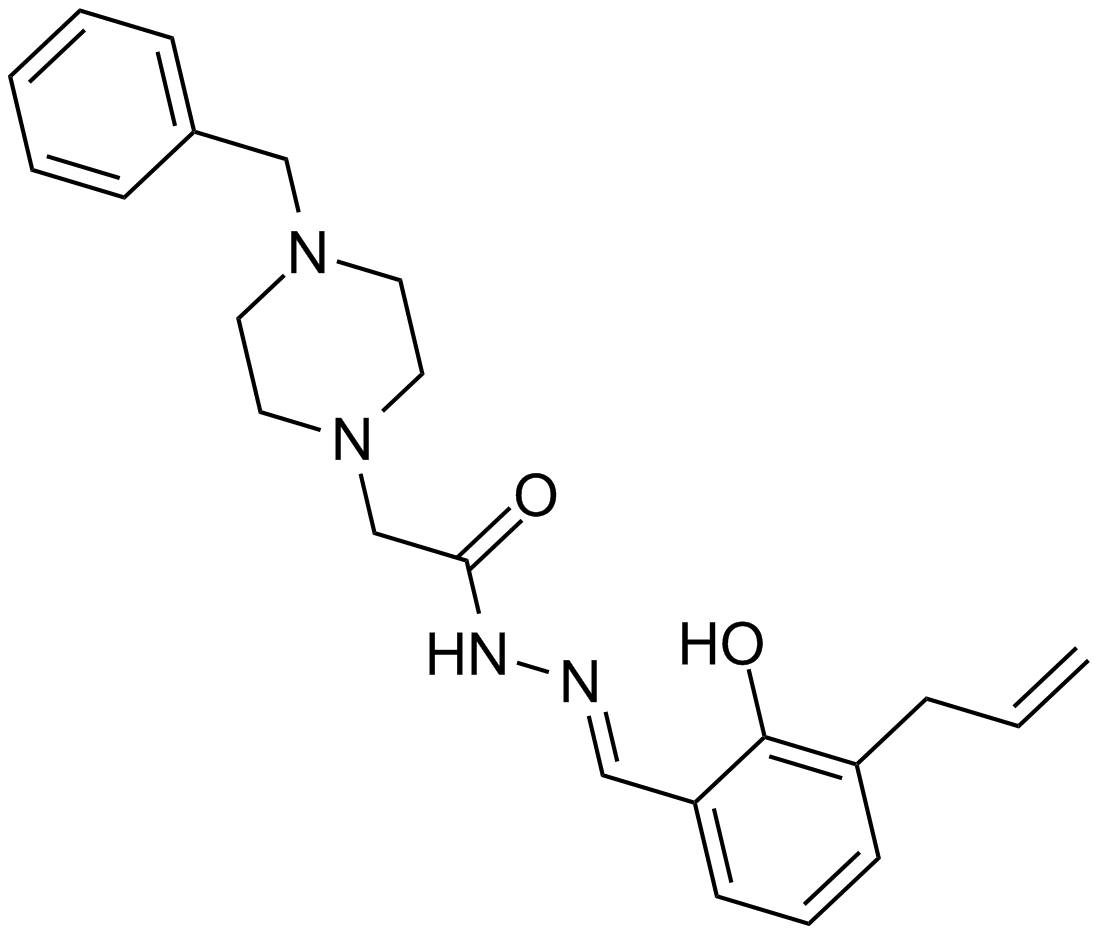 A8177 PAC-11 CitationTarget: CaspasesSummary: Procaspase-3 activator
A8177 PAC-11 CitationTarget: CaspasesSummary: Procaspase-3 activator -
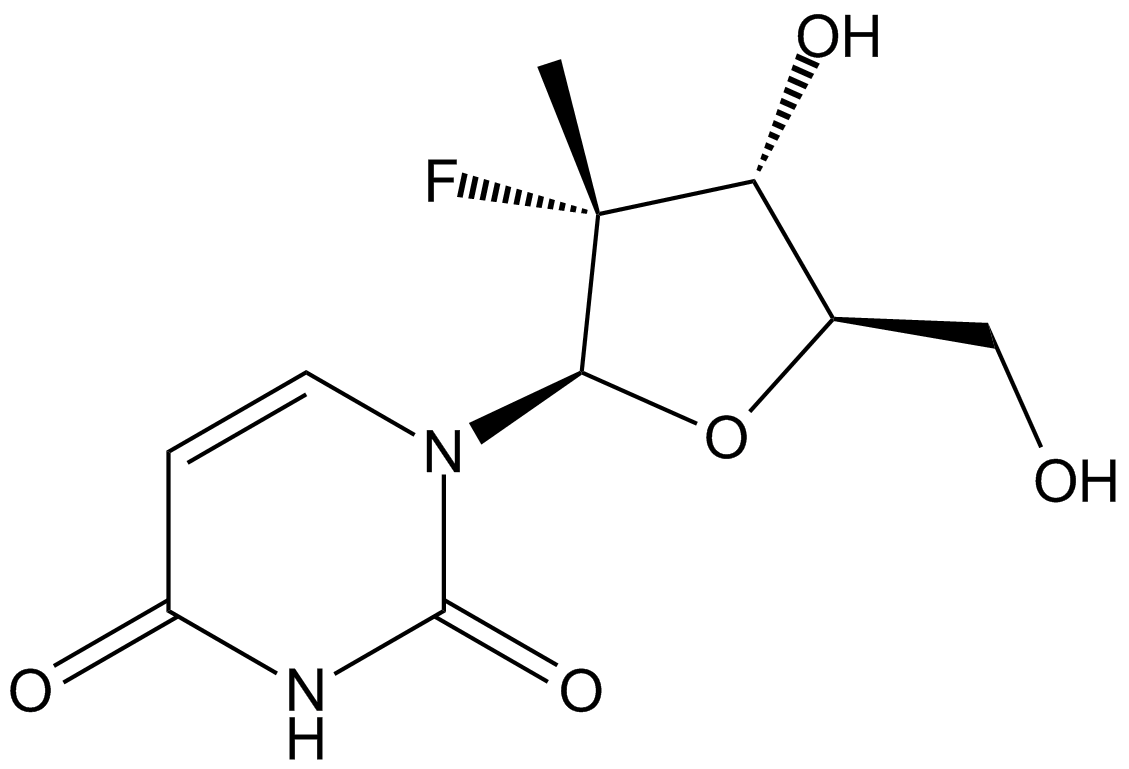 A8189 PSI-62063 CitationTarget: HCV polymeraseSummary: Inhibitor of HCV RNA polymerase,potent and selective
A8189 PSI-62063 CitationTarget: HCV polymeraseSummary: Inhibitor of HCV RNA polymerase,potent and selective -
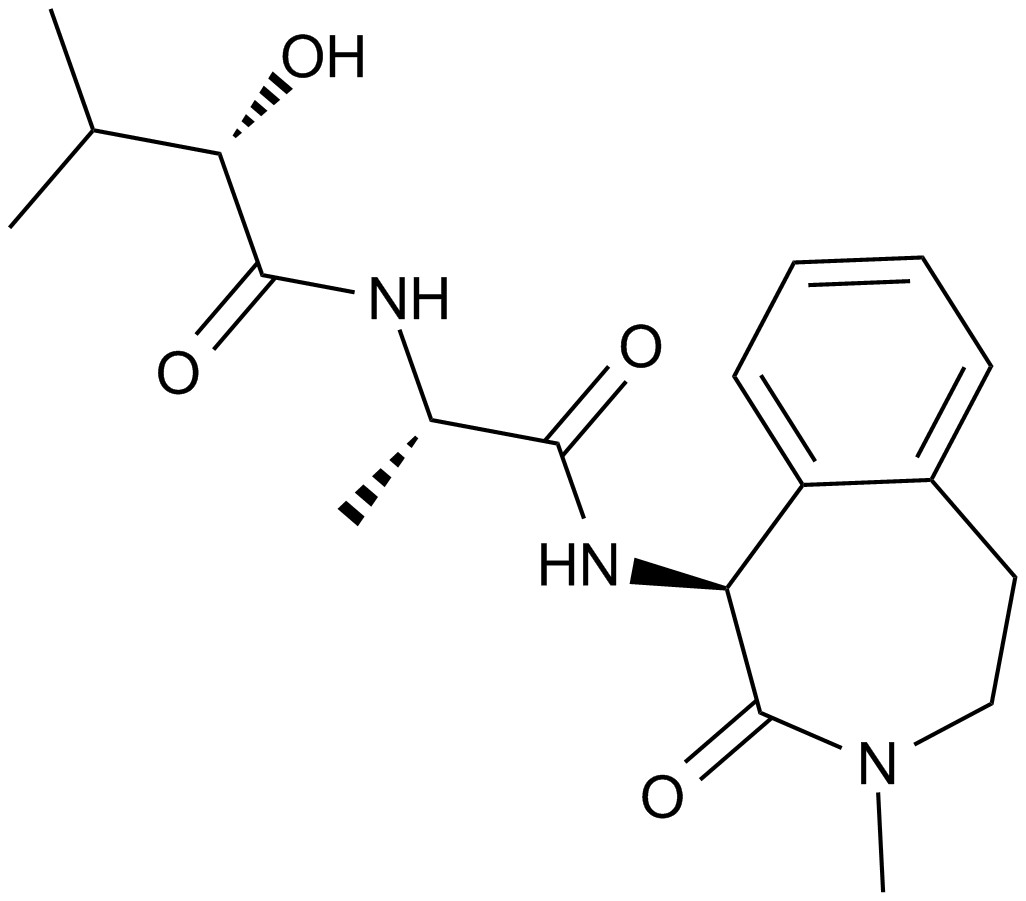 A8190 Semagacestat (LY450139)Summary: γ-secretase inhibitor
A8190 Semagacestat (LY450139)Summary: γ-secretase inhibitor -
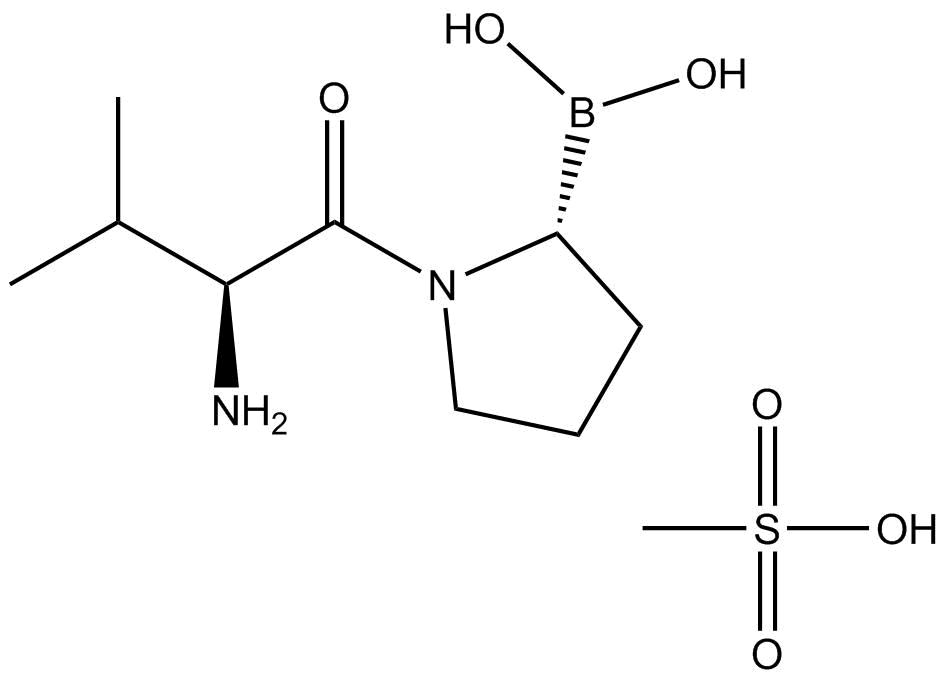 B3941 Talabostat mesylate2 CitationTarget: DPP-4Summary: orally active, specific inhibitor of DPP4
B3941 Talabostat mesylate2 CitationTarget: DPP-4Summary: orally active, specific inhibitor of DPP4 -
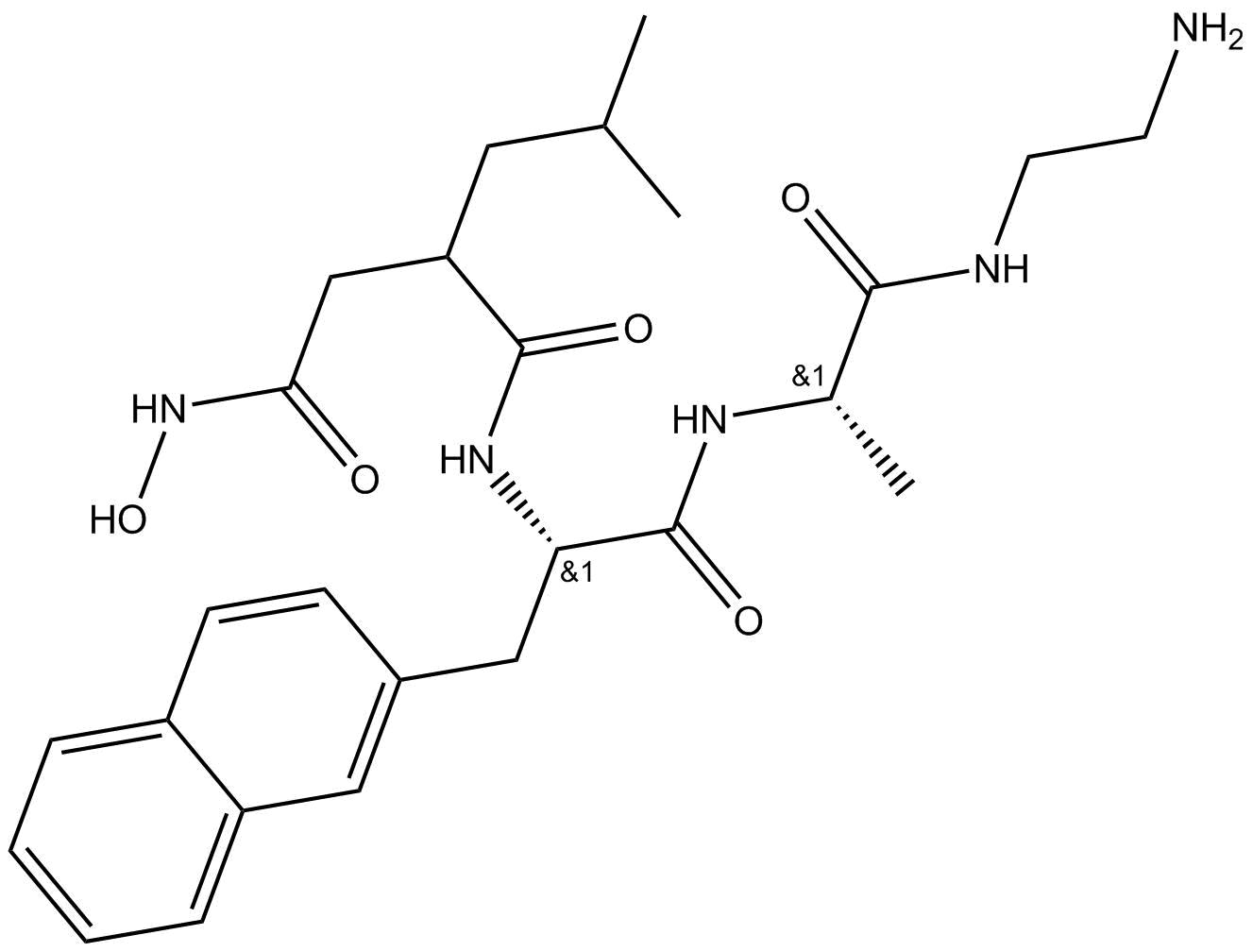 B4686 TAPI-12 CitationTarget: MMPSummary: TACE/ADAM17 inhibitor
B4686 TAPI-12 CitationTarget: MMPSummary: TACE/ADAM17 inhibitor -
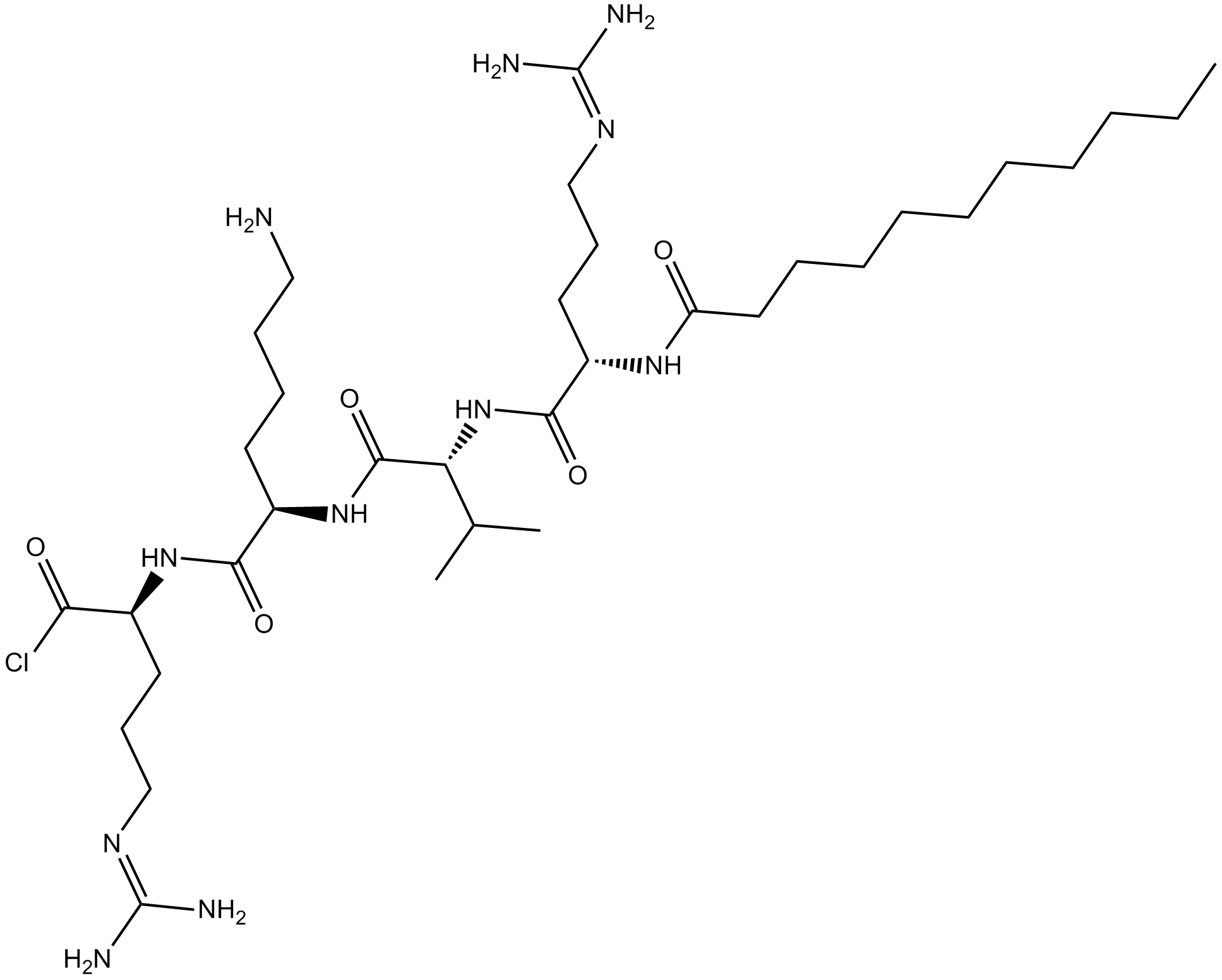 B5437 Decanoyl-RVKR-CMKTarget: Subtilisin/Kex2p-like proprotein convertaseSummary: Subtilisin/Kex2p-like proprotein convertase inhibitor
B5437 Decanoyl-RVKR-CMKTarget: Subtilisin/Kex2p-like proprotein convertaseSummary: Subtilisin/Kex2p-like proprotein convertase inhibitor -
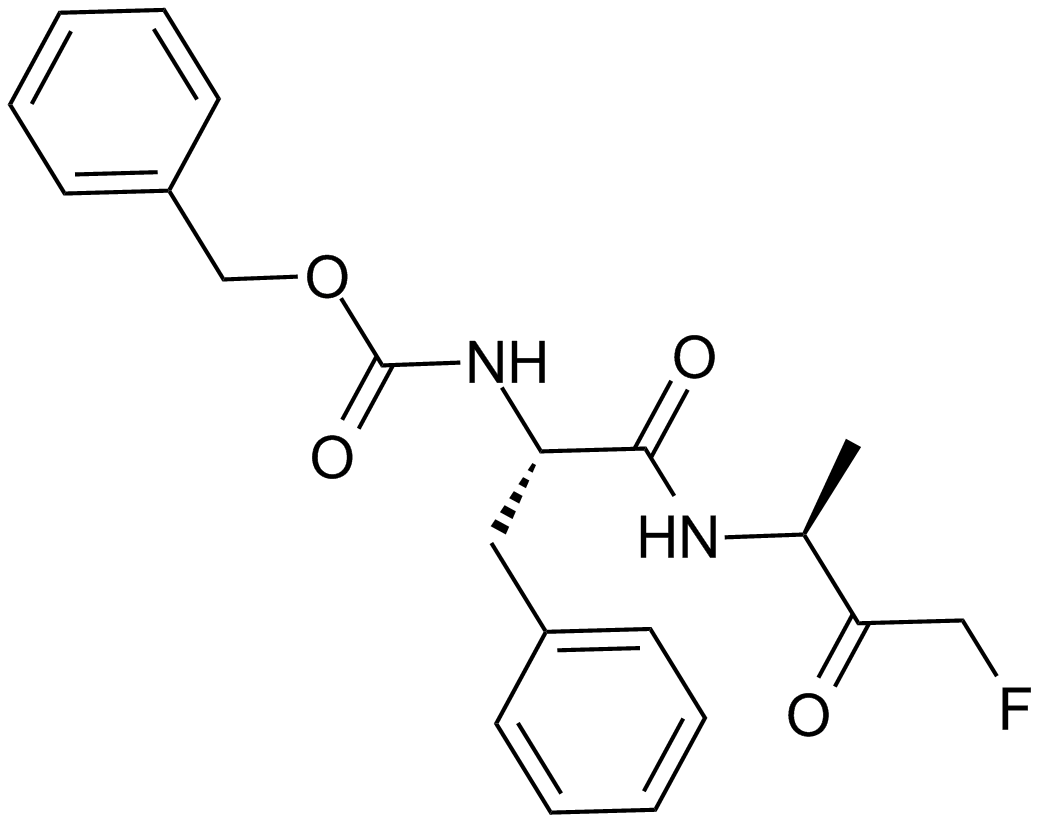 A8170 Z-FA-FMKTarget: cysteine proteaseSummary: Cysteine proteases inhibitor
A8170 Z-FA-FMKTarget: cysteine proteaseSummary: Cysteine proteases inhibitor -
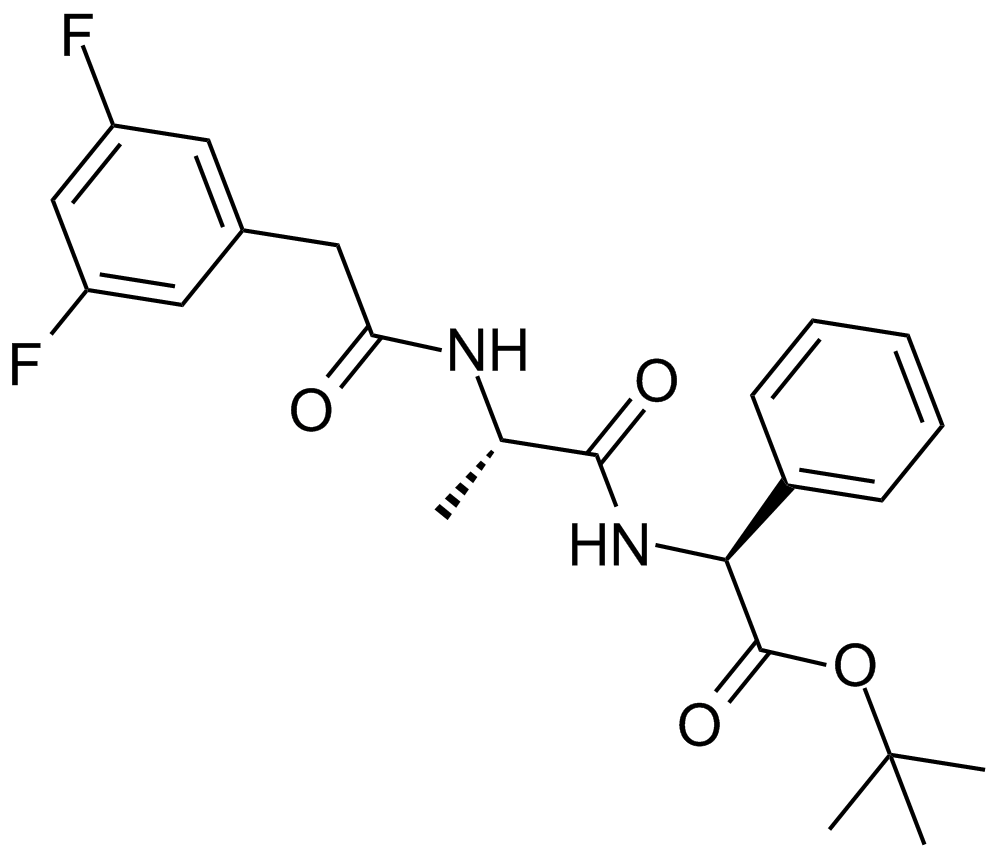 A8200 DAPT (GSI-IX)6 CitationSummary: γ-secretase inhibitor,potent and specific
A8200 DAPT (GSI-IX)6 CitationSummary: γ-secretase inhibitor,potent and specific -
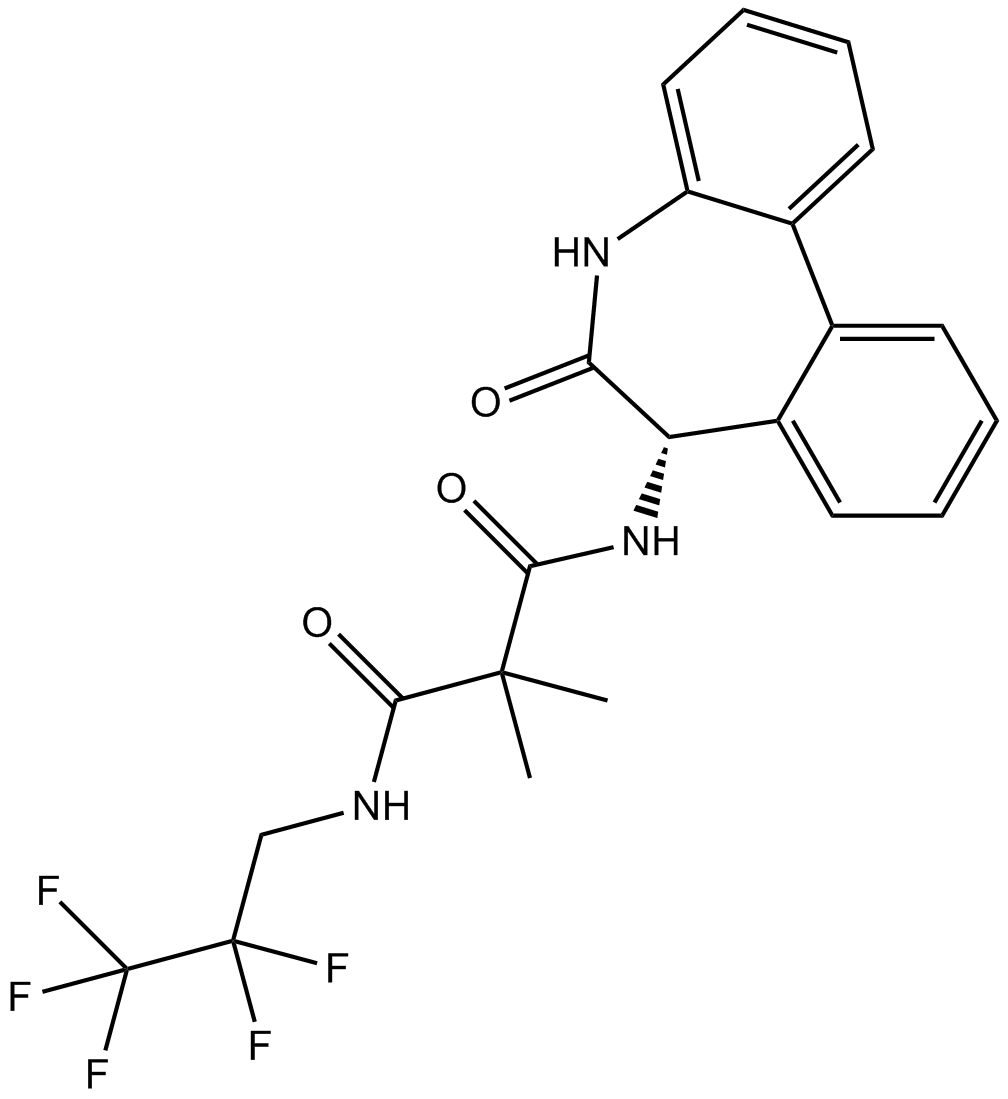 A4005 RO49290971 CitationSummary: γ secretase inhibitor
A4005 RO49290971 CitationSummary: γ secretase inhibitor -
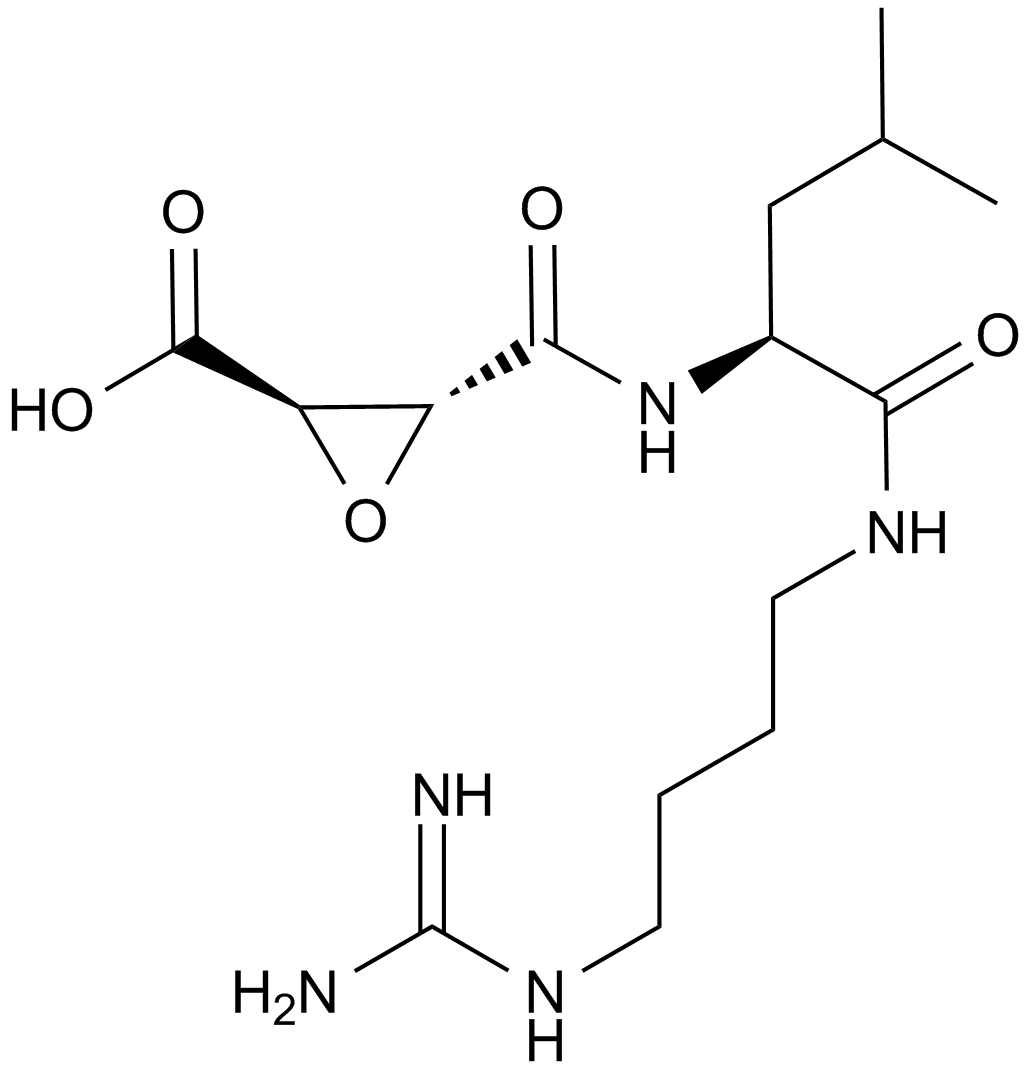 A2576 E-642 CitationTarget: Cathepsins|Calpains|PapainsSummary: Cysteine protease inhibitor,irriversible
A2576 E-642 CitationTarget: Cathepsins|Calpains|PapainsSummary: Cysteine protease inhibitor,irriversible

